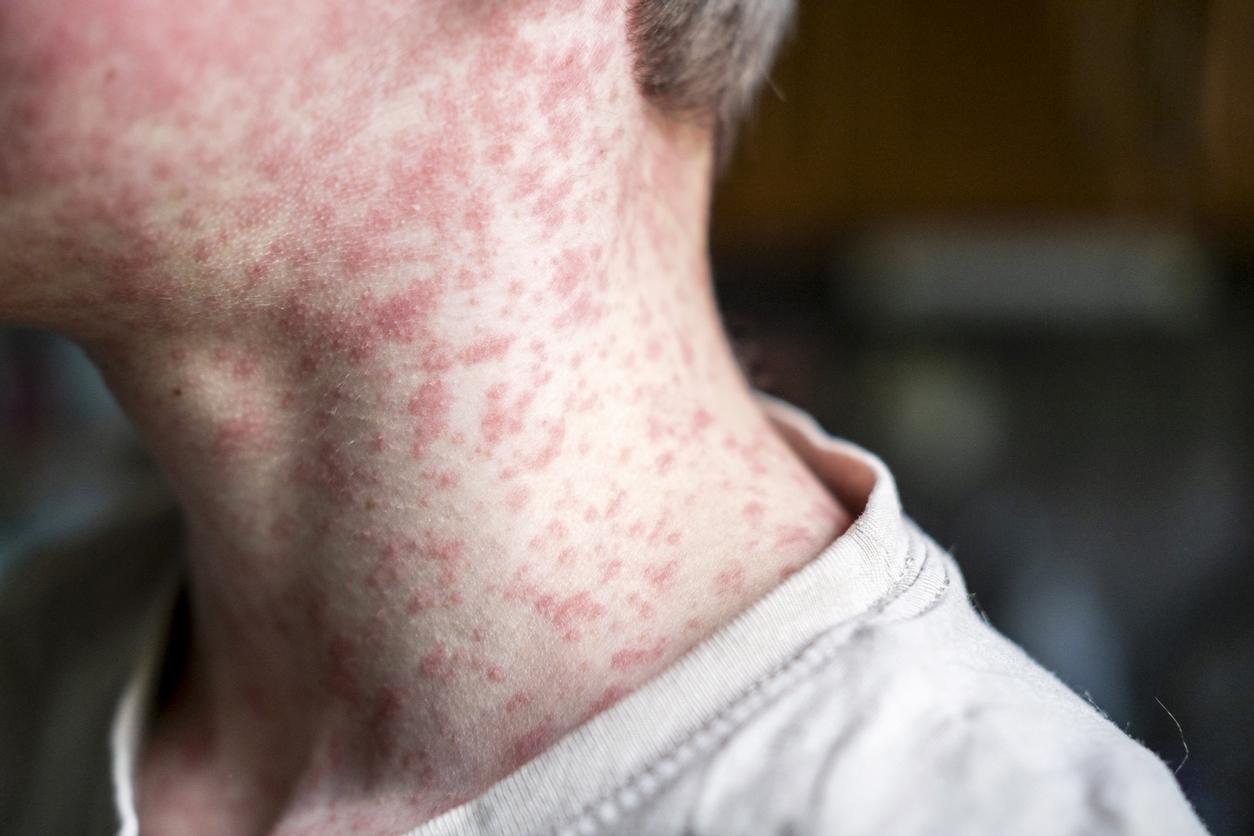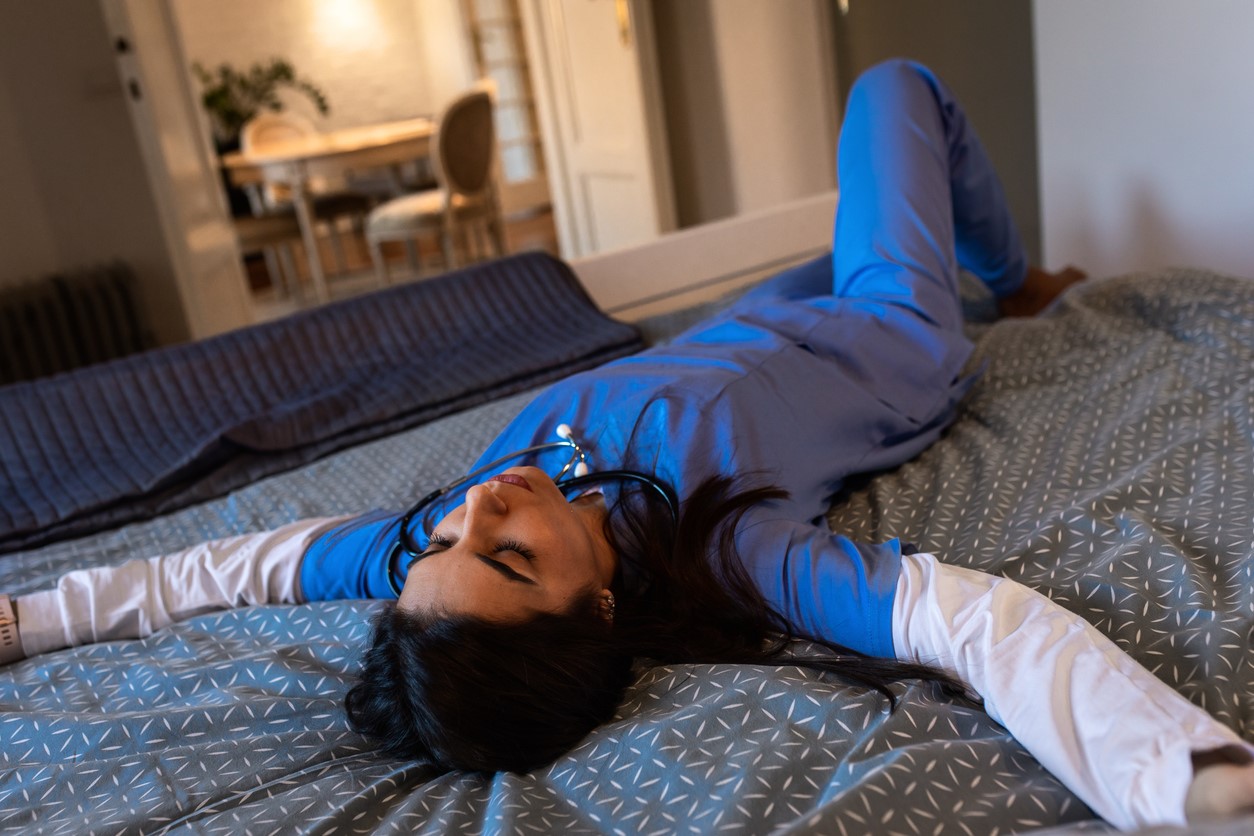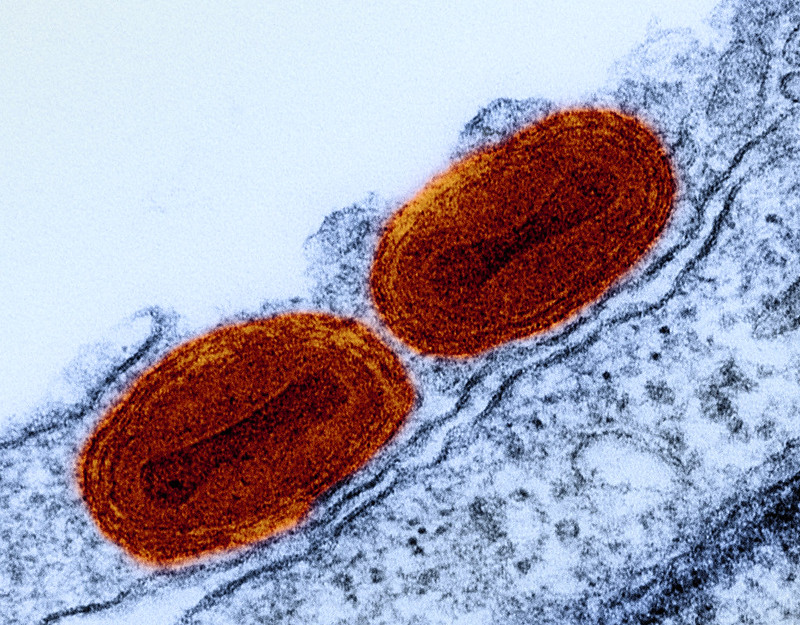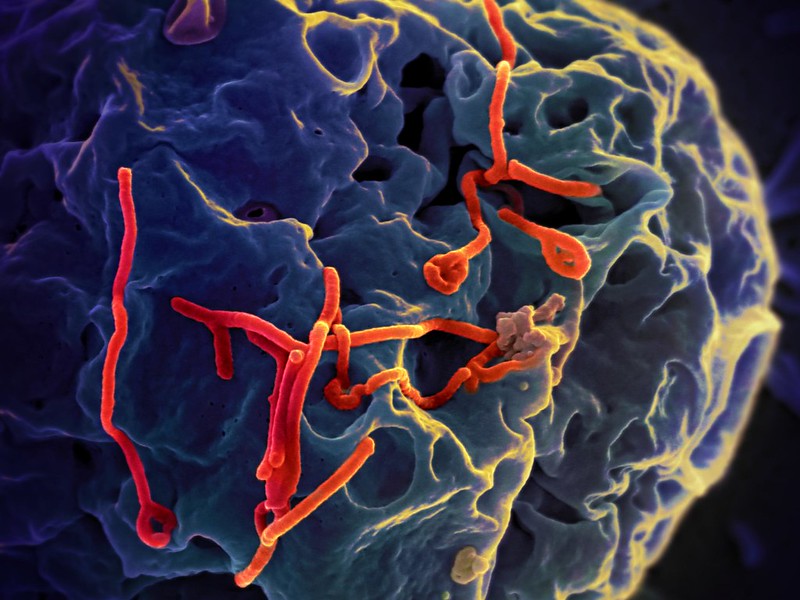
A study of patients who received fecal microbiota transplantation (FMT) for recurrent Clostridioides difficile infection (rCDI) at six US hospitals identifies the biggest risk factors for subsequent antibiotic use, researchers reported late last week in Open Forum Infectious Diseases.
The study, led by researchers with the University of Minnesota, was a secondary analysis of a prospective cohort study of patients who received FMT for rCDI from July 2019 through November 23, 2023.
FMT involves the transfer of stool from healthy donors to help restore the gut microbiome of patients with rCDI, which occurs in roughly 20% of CDI patients after an initial infection and becomes more of a risk with each subsequent episode. Although FMT has been shown to be effective as an rCDI treatment and is endorsed by several medical societies for managing rCDI, the researchers wanted to investigate non-CDI antibiotic exposure in the patients within 2 months of FMT, as that could disrupt the restoration of the gut microbiome and contribute to recurrence.
The analysis included 448 patients from the original study. Of those patients, 82 (19%) were immunocompromised, 147 (34%) had been previously hospitalized for CDI, and 49 (11%) were exposed to non-CDI antibiotics within 2 months of FMT. The most commonly reported reasons for non-CDI antibiotic administration were urinary tract infections, respiratory tract infections, and procedural prophylaxis.
A 'potentially modifiable' risk factor
Risk factors for non-CDI antibiotics within 2 months of FMT included immunocompromised status (odds ratio [OR], 2.2; 95% confidence interval [CI], 1.1 to 4.4), more than three non-CDI antibiotic courses pre-FMT (OR, 3.1; 95% CI, 1.4 to 6.8), and prior hospitalization for CDI (OR, 2.0; 95% CI, 1.1 to 3.8).
The study authors say the findings highlight the importance of appropriate and judicious antibiotic use post-FMT.
"Unlike other risk factors for CDI recurrence, the administration of non-CDI antibiotics post FMT is a potentially modifiable risk factor," the study authors wrote. "Assessment of these risk factors along with understanding the initial triggering event for CDI can help develop a comprehensive plan to prevent subsequent CDI episodes."


















